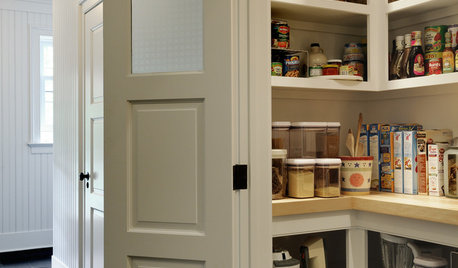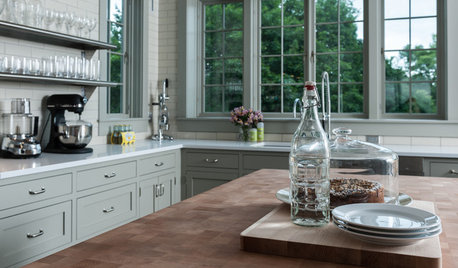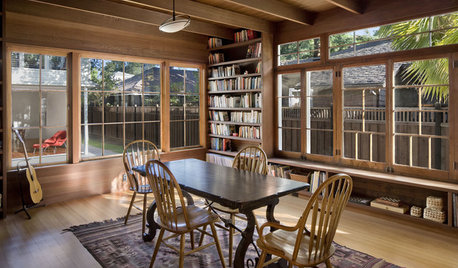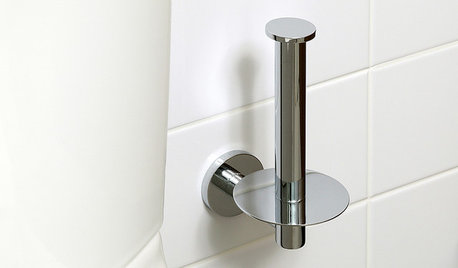Replace Now or Wait it out
bill-r
14 years ago
Related Stories

HOUSEKEEPINGAll Together Now: Tackle Home Projects With a DIY Co-op
You're in good company when you pair up with a pal to clean, organize, repair and replace
Full Story
REMODELING GUIDESThe Case for Waiting to Remodel
We know, you're excited to make your home match your vision. But your vision may change once you've lived there awhile
Full Story
MY HOUZZMy Houzz: Portland Home Renovation Worth the 15-Year Wait
Open spaces, natural light and valley views take center stage in this couple’s modern refresh
Full Story
DECORATING GUIDESHow to Love Your Kitchen More, Right Now
Make small changes to increase the joy in your kitchen while you cook and bake, without shelling out lots of dough
Full Story
MOST POPULARKitchen Evolution: Work Zones Replace the Triangle
Want maximum efficiency in your kitchen? Consider forgoing the old-fashioned triangle in favor of task-specific zones
Full Story
GREAT HOME PROJECTSHow to Replace Your Lawn With a Garden
New project for a new year: Lose the turfgrass for energy savings, wildlife friendliness and lower maintenance
Full Story
REMODELING GUIDESReplace vs. Restore: The Great Window Debate
Deciding what to do with windows in disrepair isn't easy. This insight on the pros and cons of window replacement or restoration can help
Full Story
FURNITUREHolding Out for Quality
Cheap furniture has its place, but more shoppers are waiting to invest for the long haul
Full Story
GARDENING AND LANDSCAPINGHouzz Survey: See What Homeowners Are Doing With Their Landscapes Now
Homeowners are busy putting in low-maintenance landscapes designed for outdoor living, according to the 2015 Houzz landscaping survey
Full Story
FUN HOUZZ14 Things You Need to Start Doing Now for Your Spouse’s Sake
You have no idea how annoying your habits at home can be. We’re here to tell you
Full StoryMore Discussions







mike_near_dallas
rpfingsten
Related Professionals
East Lake Solar Energy Systems · Elmwood Park Solar Energy Systems · Green Valley Solar Energy Systems · Greenville Solar Energy Systems · Lakeville Solar Energy Systems · Moreno Valley Solar Energy Systems · Palo Alto Solar Energy Systems · Sun Prairie Solar Energy Systems · Alexandria Home Automation & Home Media · Gilbert Home Automation & Home Media · Manhattan Beach Home Automation & Home Media · Odenton Home Automation & Home Media · West Elkridge Home Automation & Home Media · Bountiful Fireplaces · Palos Hills Fireplacesbill-rOriginal Author